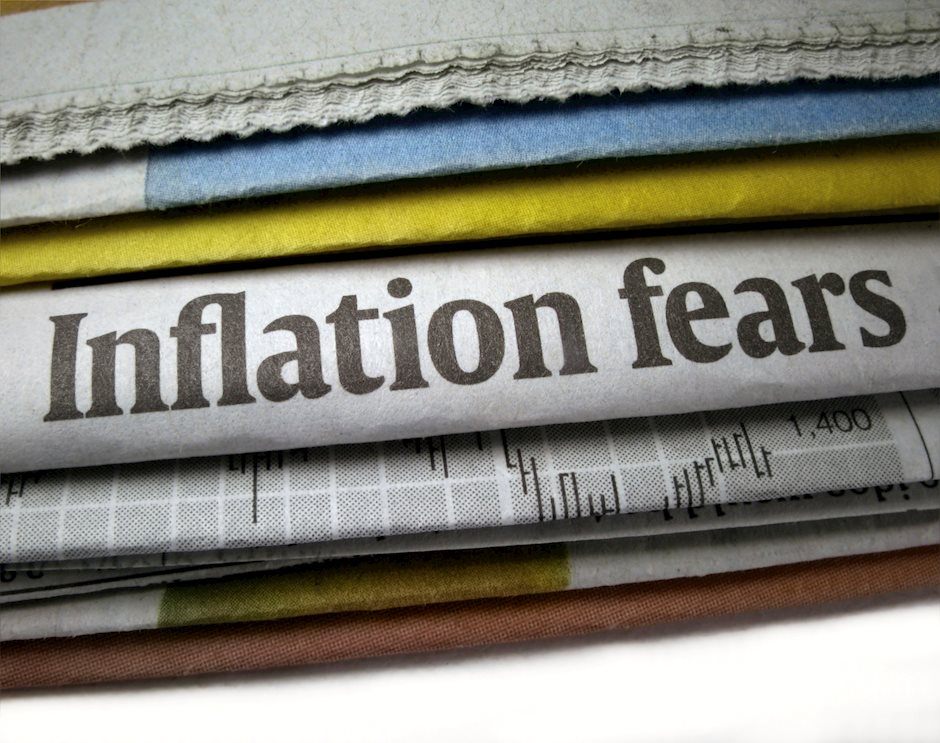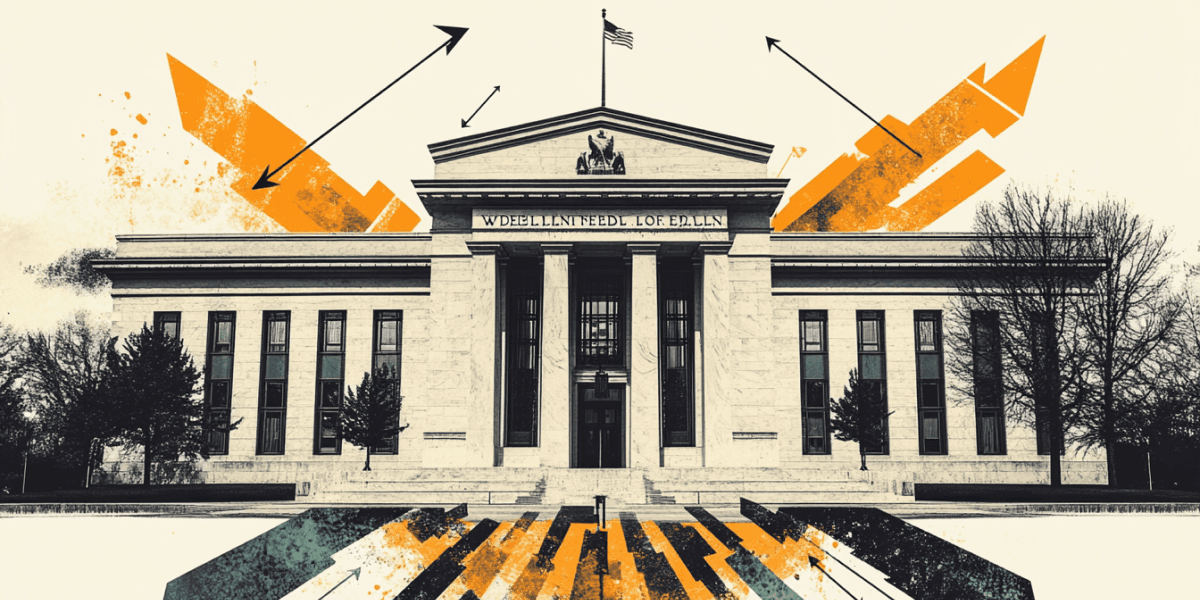Inflation in the United States has hit financial markets

Yesterday's presentation of inflation data in the United States shook financial markets. Investors, looking by the reaction in many markets, seemed to expect inflation to fall faster than the estimation presented. The markets were shaken.
US inflation - a powerful blow to financial markets
The August consumer price index report showed that inflation rose 0.1% on a monthly basis, despite forecasts for a 0.1% decline, while the annual rate of consumer inflation fell less than expected in August to 8.3% (consensus 8.1%). The higher-than-expected U.S. inflation reading and slower pace of decline may have given rise to speculation that the Fed may deliver a larger interest rate hike than 75 bps. The game may now be on for a 100 bp hike next week.
At the end of Tuesday's session, the Dow Jones index was down 3.94%, the S&P 500 down 4.32%, and the Nasdaq Composite down 5.16%. All three major indexes broke a four-day streak of gains and posted their biggest one-day decline in more than two years. All sectors in the S&P index ended the session in negative territory, with communications services, technology and consumer products falling more than 5%.
Bitcoin had already fallen at one point, in a move initiated after the US data, to levels below $20000. This could mean a drop of more than 10%. The EUR/USD pair price, in turn, retreated below parity, recording a cumulative drop of more than 2% after the data. Such large changes in many markets could be fears of faster and larger interest rate hikes in the US.
How is the Fed's action priced in?
According to the interest rate market, the chances of a 100bp hike on September 21 have risen to 34%. Previously, the market had not considered such a large US interest rate hike at all and was considering a rate hike between 50 and 75 bp. The current pricing could lead to an increase in the range for the federal funds rate to between 3.25 and 3.5%, which in turn could mean that the market is pricing the end of the hike cycle no longer in the 3.9% region, but in the 4.2% region, which could also contribute to the strengthening of the USD. In the bond market, on the other hand, the yield on 2-year U.S. Treasury securities rose to its highest level since 2007, exceeding 3.7%. In the past, the level of 2-year bonds may have coincided with the target level of the federal funds rate for the hike cycle.
Yen struggles against dollar strength
It seems that this morning only the Japanese yen is trying to fight the strength of the USD. This might have to do with further news of possible intervention. Japan's Finance Minister Shunichi Suzuki said on Wednesday that currency intervention is among the options to combat the decline of the country's currency, the BBN news service reported.
"We are talking about taking all available options, so it is right to think that way," he said. - Suzuki told reporters after being asked if currency intervention in the form of yen buying was on the table. "Recent moves have been quick and one-sided, and we are very concerned. If such moves continue, we must respond, and we are not ruling out any options." - He added.
A break of the 145 level by USD/JPY would lead to intervention by Japanese authorities, David Forrester, senior FX strategist at Credit Agricole CIB, told Bloomberg. The problem facing the Ministry of Finance in the event of any FX intervention is that the upward movement of USD/JPY reflects the divergence between the Fed and BOJ, so the impact of any intervention would only be temporary, the Credit Agricole representative added.
Author

Daniel Kostecki
Conotoxia
Daniel Kostecki is a graduate of Economics at the University of Szczecin in Poland. Privately connected to the financial markets since 2007 and professionally since 2010.

















